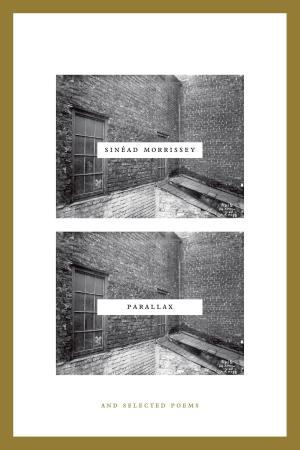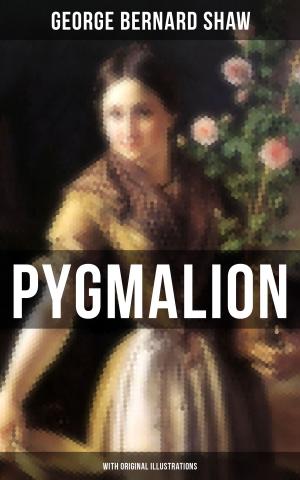| Author: | Rod Beecham | ISBN: | 9780648270317 |
| Publisher: | Rodney Beecham | Publication: | March 4, 2018 |
| Imprint: | Language: | English |
| Author: | Rod Beecham |
| ISBN: | 9780648270317 |
| Publisher: | Rodney Beecham |
| Publication: | March 4, 2018 |
| Imprint: | |
| Language: | English |
The book examines the confection of a British sense of national identity during the second half of the nineteenth century and relates this to the illogicality and irrationality of the British decision to intervene in the European war that broke out in 1914. It examines the language of English poetry of the war, avoiding the sterile labels of 'pro-' and 'anti-' war verse. It gives the most thorough account to date of Siegfried Sassoon's 1917 protest against the war's continuation, demonstrating that the incoherence of that protest is attributable to the incoherence of the war itself (i.e. there was nothing identifiable against which to protest). It reviews British military conduct of the war, demonstrating that the shortcomings of senior British commanders are attributable to their subscription to the meretricious value-system confected in the nineteenth century. It reviews the Treaty of Versailles, confirming both that the Treaty was an improvisation and that the tenets of economic orthodoxy are fundamentally incompatible with a world-view that acepts the possibility of war. It reviews the factitious 'war-books' controversy of 1930 and indicates that latter-day atempts to attribute negative British perceptions of the First World War to the influence of a handful of literary works are symptomatic of the mind-set that created the war itself. In this sense, the book is an allegory of the contemporary Zeitgeist.
The book examines the confection of a British sense of national identity during the second half of the nineteenth century and relates this to the illogicality and irrationality of the British decision to intervene in the European war that broke out in 1914. It examines the language of English poetry of the war, avoiding the sterile labels of 'pro-' and 'anti-' war verse. It gives the most thorough account to date of Siegfried Sassoon's 1917 protest against the war's continuation, demonstrating that the incoherence of that protest is attributable to the incoherence of the war itself (i.e. there was nothing identifiable against which to protest). It reviews British military conduct of the war, demonstrating that the shortcomings of senior British commanders are attributable to their subscription to the meretricious value-system confected in the nineteenth century. It reviews the Treaty of Versailles, confirming both that the Treaty was an improvisation and that the tenets of economic orthodoxy are fundamentally incompatible with a world-view that acepts the possibility of war. It reviews the factitious 'war-books' controversy of 1930 and indicates that latter-day atempts to attribute negative British perceptions of the First World War to the influence of a handful of literary works are symptomatic of the mind-set that created the war itself. In this sense, the book is an allegory of the contemporary Zeitgeist.















